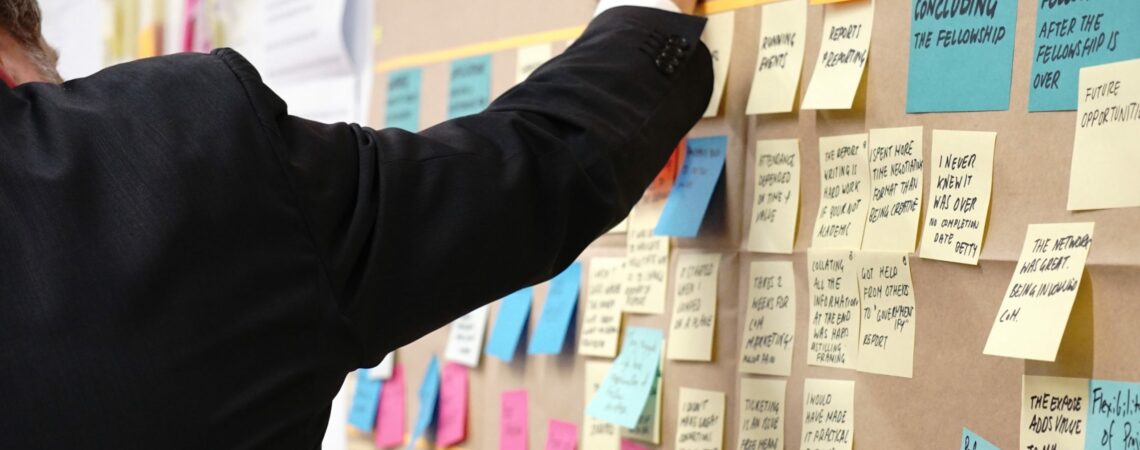Coursework: Research methods
CRIM 3821: Socio-ethnographic Research Methods
SOCW 3010: Introduction to Social Work Research
CMNS 3251: Professional and Academic Proposal Writing
Service Dogs in Canada: combining animal welfare with social entrepreneurship in identifying ways to both meet demand in the service dog industry and reduce the number of dogs in shelters.
Please note, this project is constantly evolving and is not completed yet; however, is required extensive review of related literature and existing research results. This report was completed for SOCW 4900, a self-directed course in which I chose to focus on social entrepreneurship and produce a social-serving business idea for my final project. My social venture idea was produced as a suggestion to improve canine welfare by finding dogs stable homes and fulfilling lives while meeting the growing need for service dogs among those with various disabilities; it also connects people with canine companions who can provide numerous benefits to their lives.
Literature Reviews for TRU PLAR
While involved with TRU’s PLAR research team for my work study, I wrote two literature reviews. The literary review of PLAR at TRU was to educate myself about how the program operated at TRU, and what prior research projects had found regarding its strengths and weaknesses. The literature review of PLAR (also frequently called RPL) in New Zealand and Australia was written to share with the PLAR team how these two countries had integrated it into their tertiary education system. It gave the team some insight on how PLAR could be used to meet the needs of both students and community, as well as streamline the assessment process and make PLAR more accessible.
Social Entrepreneurship
This review of existing literature provided the background information necessary to develop a feasible business plan that would provide social value while also enabling the program to gain the ability to generate the funds necessary to cover or contribute to operational costs. The findings of this project guided my final project for the course. It also encouraged reframing conventional business models to serve the goals of social enterprise.
Men’s Mental Health: UREAP Project
See pages 2-8 of report.
